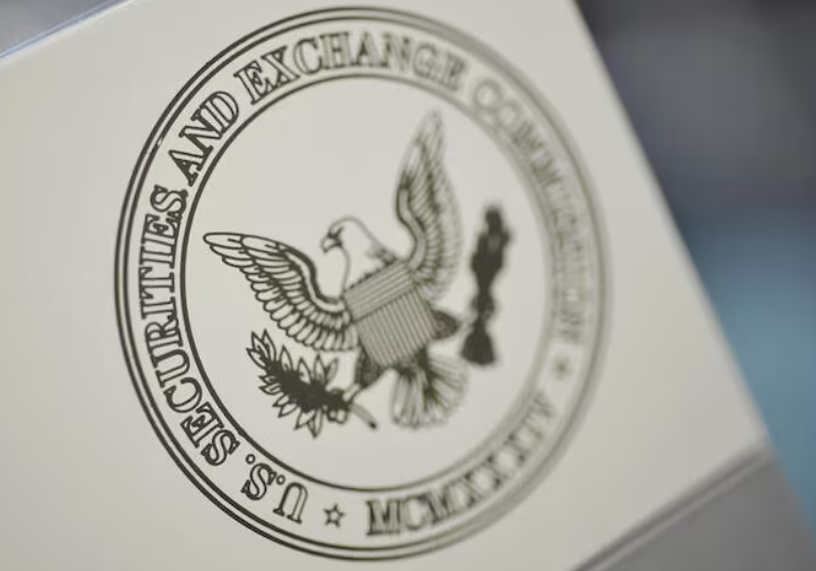A corporate attorney who alerted the U.S. Securities and Exchange Commission (SEC) to possible fraud within his company was rightly denied eligibility for a whistleblower award, according to a ruling unsealed on Friday by the U.S. Court of Appeals for the D.C. Circuit. The court determined that the attorney, whose identity remains confidential, did not meet the SEC’s requirements for whistleblower information to be considered “original” and not derived from legal representation of a client.
While there is a limited exception that allows lawyers to claim an SEC award if their disclosure adheres to state professional attorney conduct rules and is made in the client’s interest, the D.C. Circuit ruled that this exception did not apply in this case. The three-judge panel upheld the SEC’s decision to deny the attorney a share of the unspecified whistleblower award.
In a statement, the attorney’s legal team argued that their client “did the right thing in blowing the whistle” and claimed that he “put a stop to a massive securities fraud.” The SEC, however, declined to comment on the case. Much of the litigation was conducted under seal, keeping the names of both the attorney and the company confidential.
The D.C. Circuit revealed that the underlying tip was linked to a 2018 enforcement action in Florida involving two individuals, the attorney’s company, and other entities, which resulted in sanctions totaling tens of millions of dollars. The SEC informed the appeals court that whistleblower awards for attorneys are only available under limited circumstances.
The attorney argued that he acted in his company’s interest by providing information to the SEC to prevent it from committing a crime. However, the D.C. Circuit disagreed, stating, “In reporting on the suspected wrongdoing, then, Doe was reporting on his own client. Common sense therefore dictates that Doe could not have reasonably believed that he was acting in his client’s best interest.”
Since its inception in 2010, the SEC’s whistleblower program has awarded nearly $2 billion to around 400 whistleblowers, with the largest awards reaching hundreds of millions of dollars.

